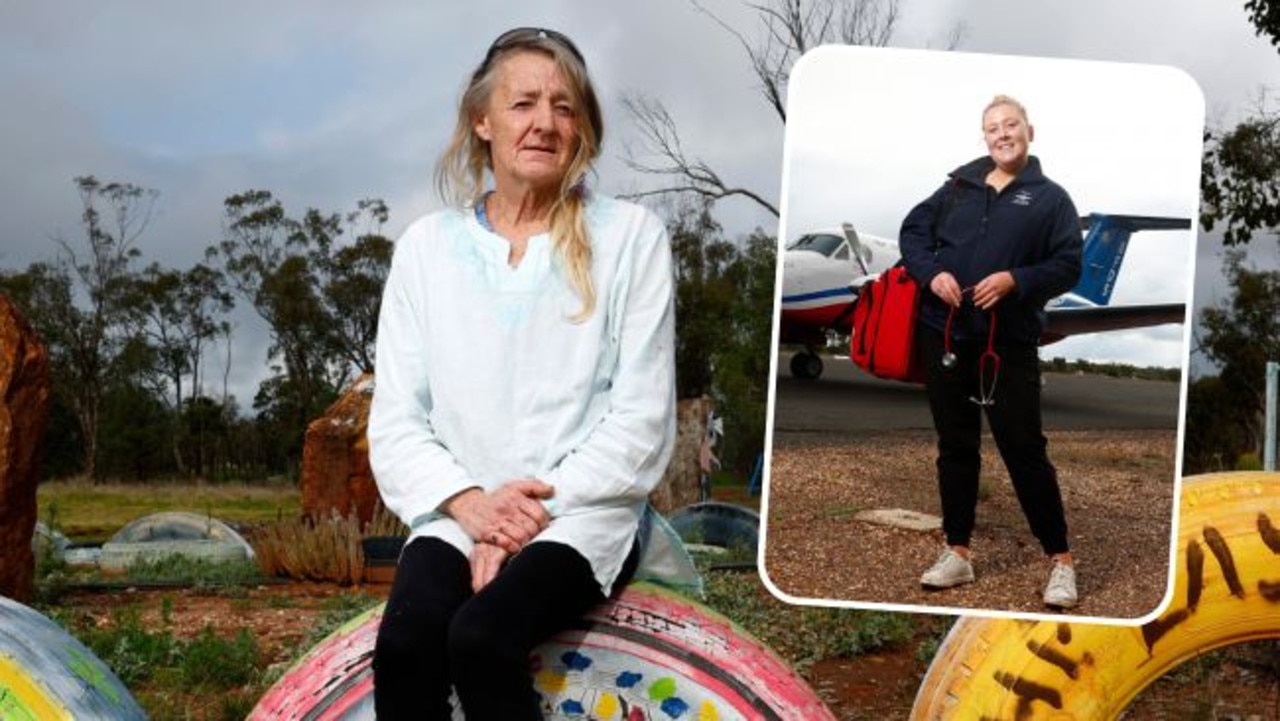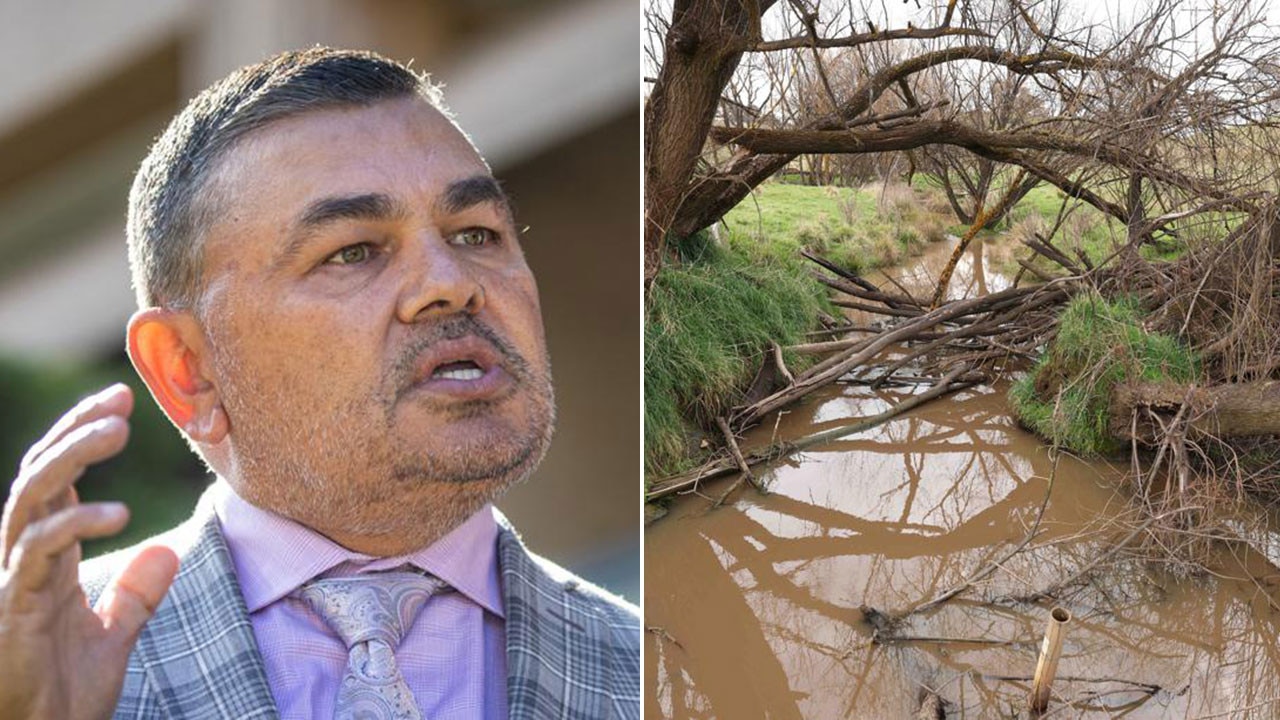Her daughter was stabbed 80 times and left to die. Now she wants change
Tabitha Acret’s daughter was stabbed more than 80 times, had her head stomped on and was left to die on her front lawn. Now she’s pushing for change.
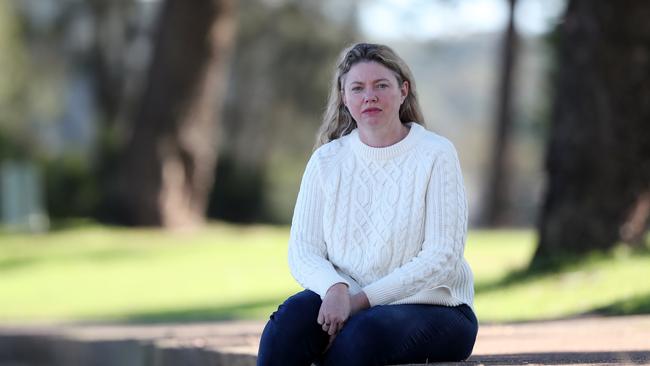
Small rural towns need a dedicated domestic violence service where victims can report coward attackers without having to face their local police who quite likely knows everyone involved, including the perpetrator.
Tabitha Acret, whose daughter was stabbed more than 80 times, had her head stomped on and left to die on her front lawn in regional NSW, says victims in remote towns face the added trauma that comes with “everyone knowing everyone” - from the perpetrator to the cops, to the magistrate.
“At the most vulnerable times in their lives there is that extra issue of having to report violence to people who you, and often a police officer, is friends with the perpetrator, or knows them,” Ms Acret said this week.
“Add to that the lack of services in the bush and these victims have nowhere to hide, nowhere to go.
Ms Acret, who lost her daughter 21-year-old Mackenzie Anderson in 2022, has been lobbying for change, saying state and federal politicians for not doing enough to tackle domestic violence.
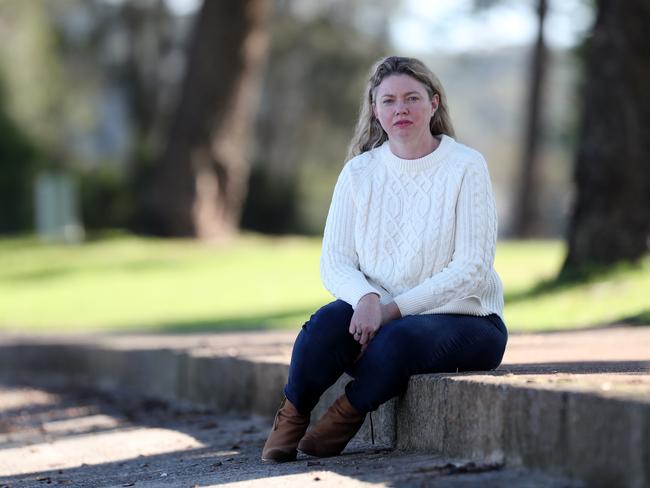
The alleged offender is awaiting trial in the NSW Supreme Court after pleading not guilty.
“We need to improve community attitude and this is something needed even more in rural settings,” she told The Daily Telegraph this week.
Key to the crisis was the acceptance of alcohol and gambling in this country.
“Drinking is an Australian issue but it’s in higher numbers in rural locations so we need to think about how much people drink. We know excessive drinking it’s a catalyst to violence against women,” Ms Acret said.
“When we saw men killing men with king hits in pubs we stepped in after six deaths yet we seem reluctant to do anything about the general violence that stems from it and the violence against women.”
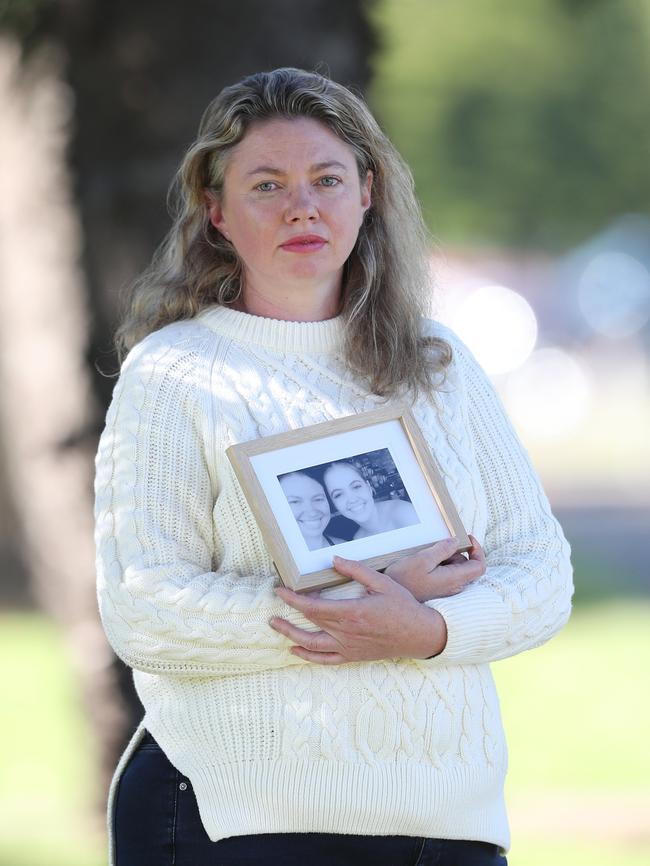

NSW Bureau of Crime stats and research reveal the domestic violence assault rate from April 2023 to March 2024 in regional areas was 596 per 100,000 population.
The state average for the same period is 447.
In the Far West and Orana region, the rate was 1,698 per 100,000 population.
New England and North West NSW recorded 931 incidents per 100,000 people compared to Sydney’s inner west recording 261, Ryde recording 174 and Northern Beaches recording 120 incidents.
No To Violence CEO Phillip Ripper said rates of domestic and family related violence were alarmingly higher in regional areas - and what we are seeing reporting is “simply the tip of the iceberg”.
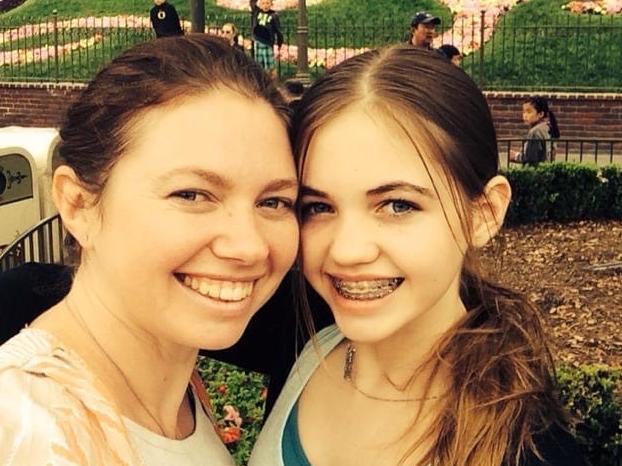
“The real weight of family violence is at least five times greater than ever reported and when you look at rural and regional NSW the reported rates only get higher and higher the further you move from Sydney,” he said.
“We know access to services is a major barrier for women and children seeking to flee family violence and to stay safe in regional NSW. We know small towns have many advantages for people but when it comes to family violence a close knit community can sometimes create additional barriers to reporting and staying safe.”
Mr Ripper said he often heard stories where local police are very well known in the community.
“If you are a woman experiencing family violence and you know the sergeant at the cop station, he plays footy with your husband. Those sorts of relationships in the community can make it extremely hard.”
Mr Ripper said when women and children feel unsafe they are more likely to tell friends and family than going to police.
“So the best thing you can do is provide support and encouragement and believe your friends. Do not blame or judge, offer support and link them up with services.”
Twenty four hour counselling and support is available through the men’s referral service where men have the opportunity to talk to a trained counsellor and “be a better husband, father and have a better life”.
The number is 1300 766 491
Women in danger or needing support can contact 1800 RESPECT.
More Coverage
Originally published as Her daughter was stabbed 80 times and left to die. Now she wants change



